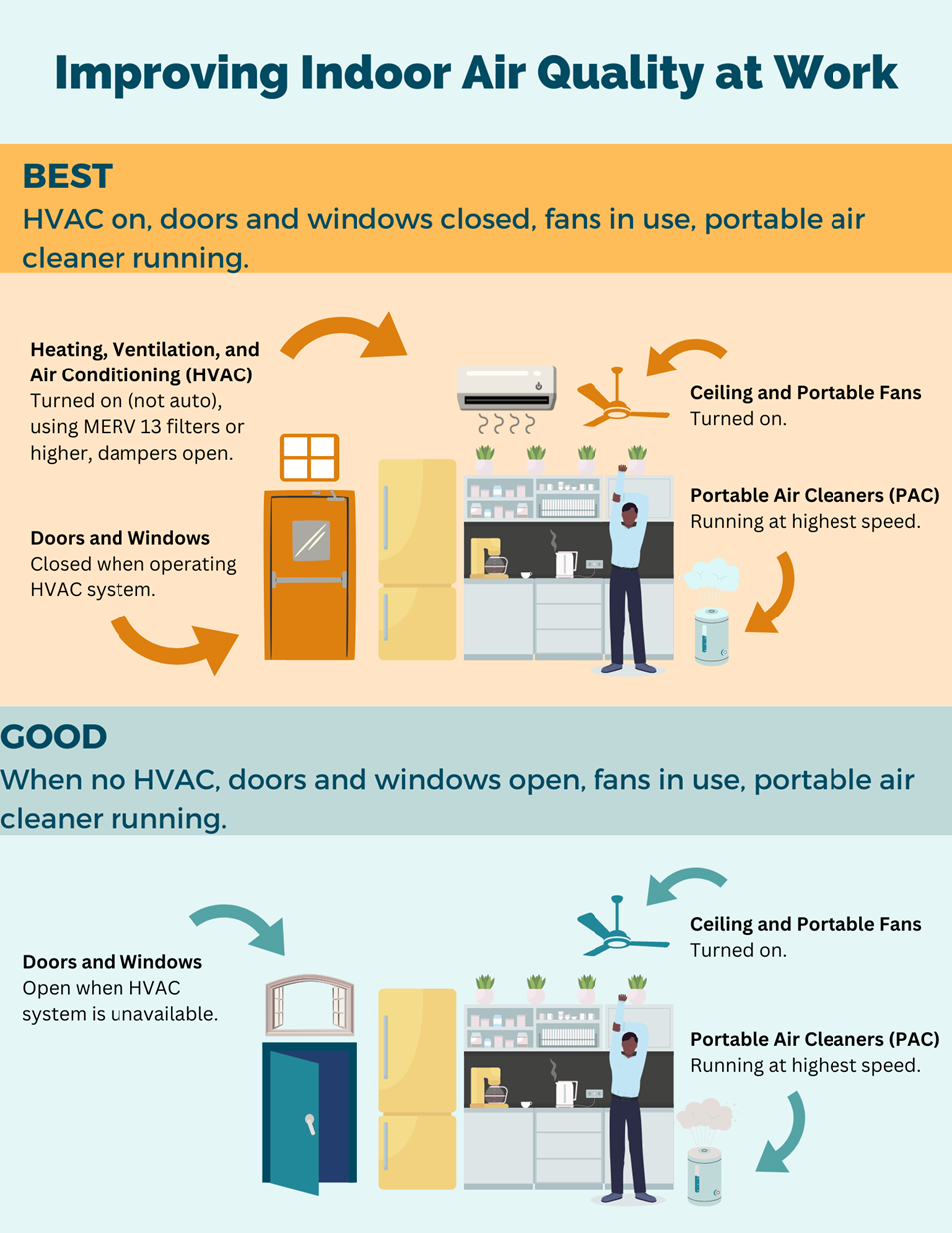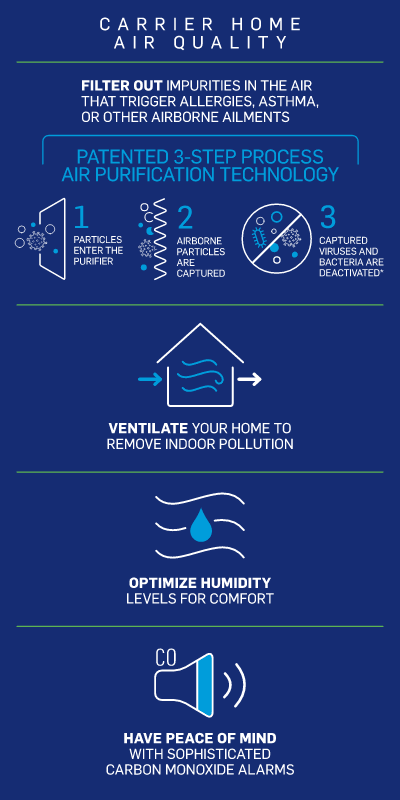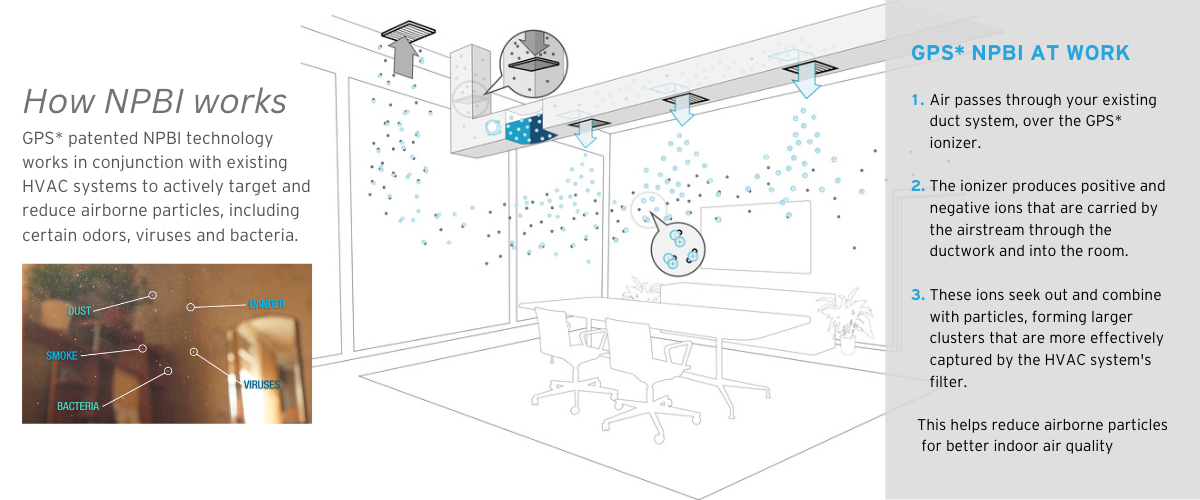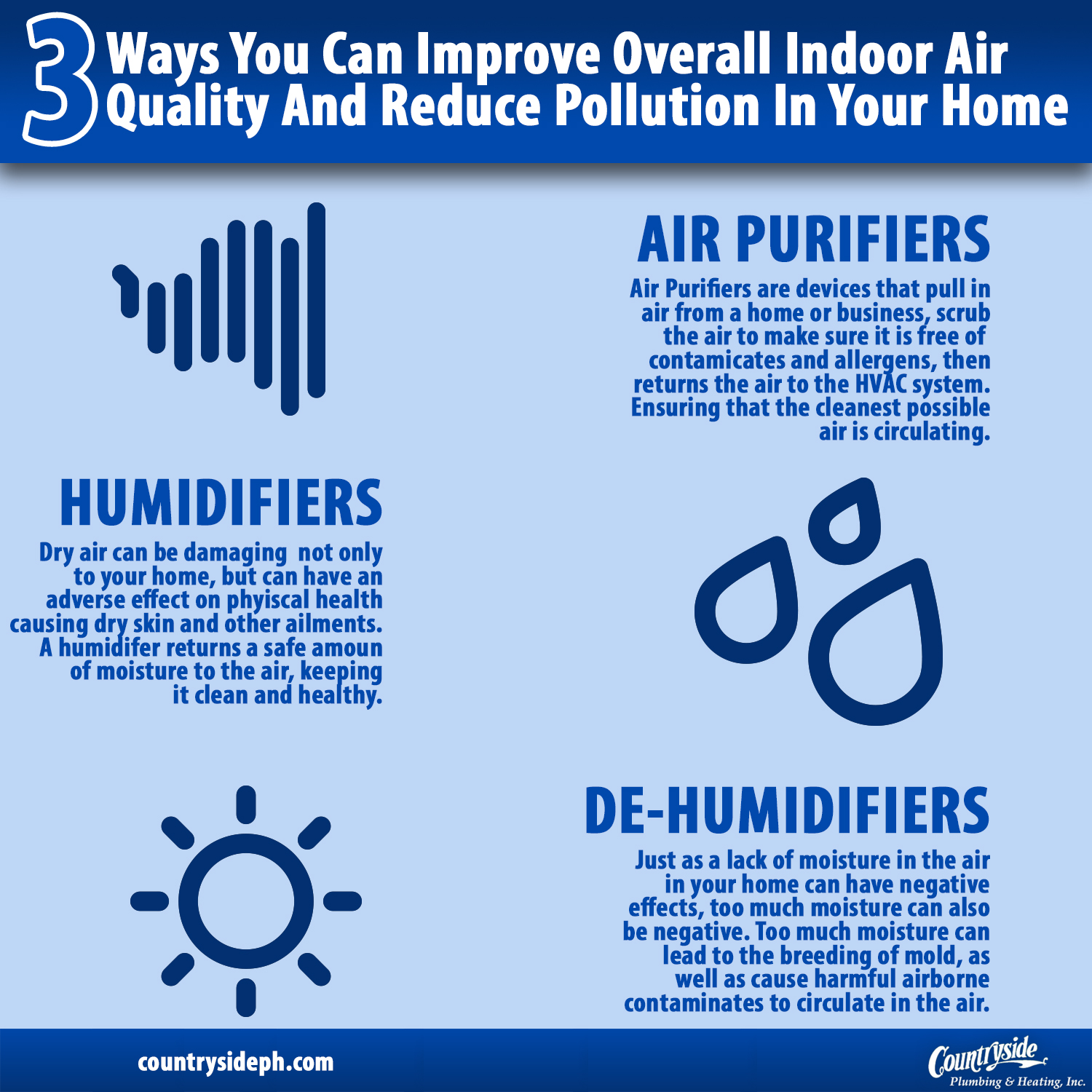Send us an email
Please enter your name and contact info.
Please enter your name and contact info.
Call Us Today! (850) 748-1066

Serving Families Throughout Pensacola
Are you concerned about the air quality inside your home or office? Look no further than HVAC systems to improve your indoor air quality. By utilizing advanced technology and innovative techniques, HVAC systems play a crucial role in creating a clean and comfortable environment. In this article, we explore the importance of indoor air quality and how HVAC systems, such as those provided by Diamond Air Design, can make a significant difference in ensuring the air you breathe is fresh and healthy. With their expertise in HVAC repair in Pensacola FL and the surrounding area, Diamond Air Design is your go-to resource for improving your indoor air quality. Call them at (850) 748-1066 or visit their website at https://diamondairdesign.com/ for more information.

This image is property of www.cdph.ca.gov.
When it comes to creating a comfortable and healthy living environment, indoor air quality plays a crucial role. The quality of the air we breathe can have a significant impact on our wellbeing, and the proper functioning of HVAC (heating, ventilation, and air conditioning) systems is essential to maintaining good indoor air quality. In this article, we will explore the factors affecting indoor air quality, the role of HVAC systems in maintaining air quality, and the different methods of improving air quality through filtration and ventilation.
Indoor air quality refers to the condition of the air inside a building, which can directly affect the health and comfort of its occupants. Poor indoor air quality can lead to a range of issues, such as allergies, respiratory problems, and even long-term health effects. Many factors contribute to the quality of indoor air, including the presence of pollutants, humidity levels, and the circulation of fresh air.
Volatile Organic Compounds, or VOCs, are gases emitted from various sources such as cleaning products, paints, and solvents. These compounds can have harmful effects on human health, causing eye, nose, and throat irritation, headaches, and in some cases, more serious respiratory conditions. HVAC systems play a critical role in reducing the concentration of VOCs indoors by filtering and circulating the air.
Particulate Matter, or PM, refers to tiny particles suspended in the air. These particles can come from a variety of sources, including dust, smoke, pollen, and pet dander. Inhaling PM can lead to respiratory issues and aggravate existing conditions such as asthma and allergies. HVAC filters are designed to capture and trap these particles, preventing them from circulating in the indoor air.
Maintaining the correct humidity levels indoors is crucial for both comfort and health. High humidity can contribute to mold growth and the proliferation of dust mites, while low humidity can cause dry skin, irritated eyes, and respiratory problems. HVAC systems help regulate humidity by controlling the moisture content in the air, ensuring a more comfortable and healthy living environment.
Biological contaminants include bacteria, viruses, mold, and other microorganisms that can thrive in indoor environments. These contaminants can cause infections, allergic reactions, and other health issues. HVAC systems with proper air filtration can help reduce the concentration of biological contaminants by capturing them in the filters and preventing their circulation in the air.
HVAC systems play a vital role in maintaining and improving indoor air quality. These systems are designed to heat, cool, and ventilate indoor spaces, ensuring proper airflow and circulation. With the right equipment and regular maintenance, HVAC systems can effectively remove pollutants, regulate humidity levels, and provide a constant supply of fresh air. By doing so, they create a safer and more comfortable living environment for occupants.
This image is property of cdn.kingcounty.gov.
Air filtration is a fundamental component of HVAC systems that helps remove impurities from the air. Filters are designed to capture particles, allergens, and pollutants, preventing them from circulating in the indoor air. By regularly replacing or cleaning filters, you can ensure that your HVAC system maintains its efficiency and effectively removes contaminants from the air.
There are various types of HVAC filters available, each with its own level of filtration and efficiency. Here are some common types of filters:
Fiberglass filters are the most basic and inexpensive type of HVAC filters. They are designed to capture larger particles but are less effective in trapping smaller particles and allergens. These filters need to be replaced frequently to maintain their effectiveness.
Pleated filters offer better filtration than fiberglass filters. They are made of a folded paper-like material that increases the surface area for capturing particles. Pleated filters are more efficient in trapping smaller particles and have a longer lifespan compared to fiberglass filters.
Electrostatic filters use an electric charge to attract and capture particles. These filters can be either washable or disposable and are highly effective in trapping both larger and smaller particles. Electrostatic filters are a popular choice for those with allergies or respiratory conditions.
Activated carbon filters are designed to remove odors, gases, and chemical fumes from the air. They contain a layer of activated carbon, which adsorbs pollutants and improves the overall quality of the air. These filters are especially beneficial in areas with strong odors or chemical pollutants.

This image is property of images.carriercms.com.
To ensure optimal performance and air quality, it is important to properly maintain HVAC filters. Regularly inspecting filters for dirt and debris and replacing them as needed is essential. The frequency of filter replacement depends on various factors, such as the type of filter, indoor air quality, and the number of occupants in the building. Additionally, following manufacturer recommendations and scheduling professional maintenance can help prolong the lifespan of HVAC filters and keep your system running efficiently.
Proper ventilation is another crucial aspect of maintaining good indoor air quality. Ventilation is the process of exchanging the indoor air with fresh outdoor air, reducing the concentration of pollutants and improving air circulation. There are different methods of ventilation, and the choice depends on the specific needs of the building and its occupants.

This image is property of images.squarespace-cdn.com.
Mechanical ventilation involves using fans and ductwork to bring in fresh air and expel stale air from the building. There are three common types of mechanical ventilation:
Exhaust-only ventilation systems use fans to remove indoor air from the building. Fresh air is naturally drawn in through cracks and openings, creating a slight negative pressure that pushes out stale air. This method is commonly used in bathrooms and kitchens to remove moisture, odors, and pollutants.
Supply-only ventilation systems introduce fresh air into the building through fans and ducts. Stale air is expelled through natural leakage or exhaust vents. This method helps maintain positive pressure indoors, ensuring a constant supply of fresh air. Supply-only ventilation is commonly used in commercial buildings and residences with tight insulation.
Balanced ventilation systems combine both supply and exhaust vents to achieve a balanced airflow. These systems use fans and ducts to bring in fresh air while simultaneously expelling stale air. Balanced ventilation provides a controlled and consistent exchange of indoor and outdoor air, keeping the air quality at an optimal level.
Proper maintenance and operation of HVAC systems are essential for maintaining good indoor air quality. By understanding the factors that affect air quality, such as VOCs, particulate matter, humidity levels, and biological contaminants, and implementing effective air filtration and ventilation methods, you can create a healthier and more comfortable living environment. Taking care of your HVAC filters, choosing the right filtration system, and ensuring proper ventilation will not only improve air quality but also enhance overall wellbeing for you and your loved ones. So, breathe easy and let your HVAC system work its magic!

This image is property of www.countrysideph.com.